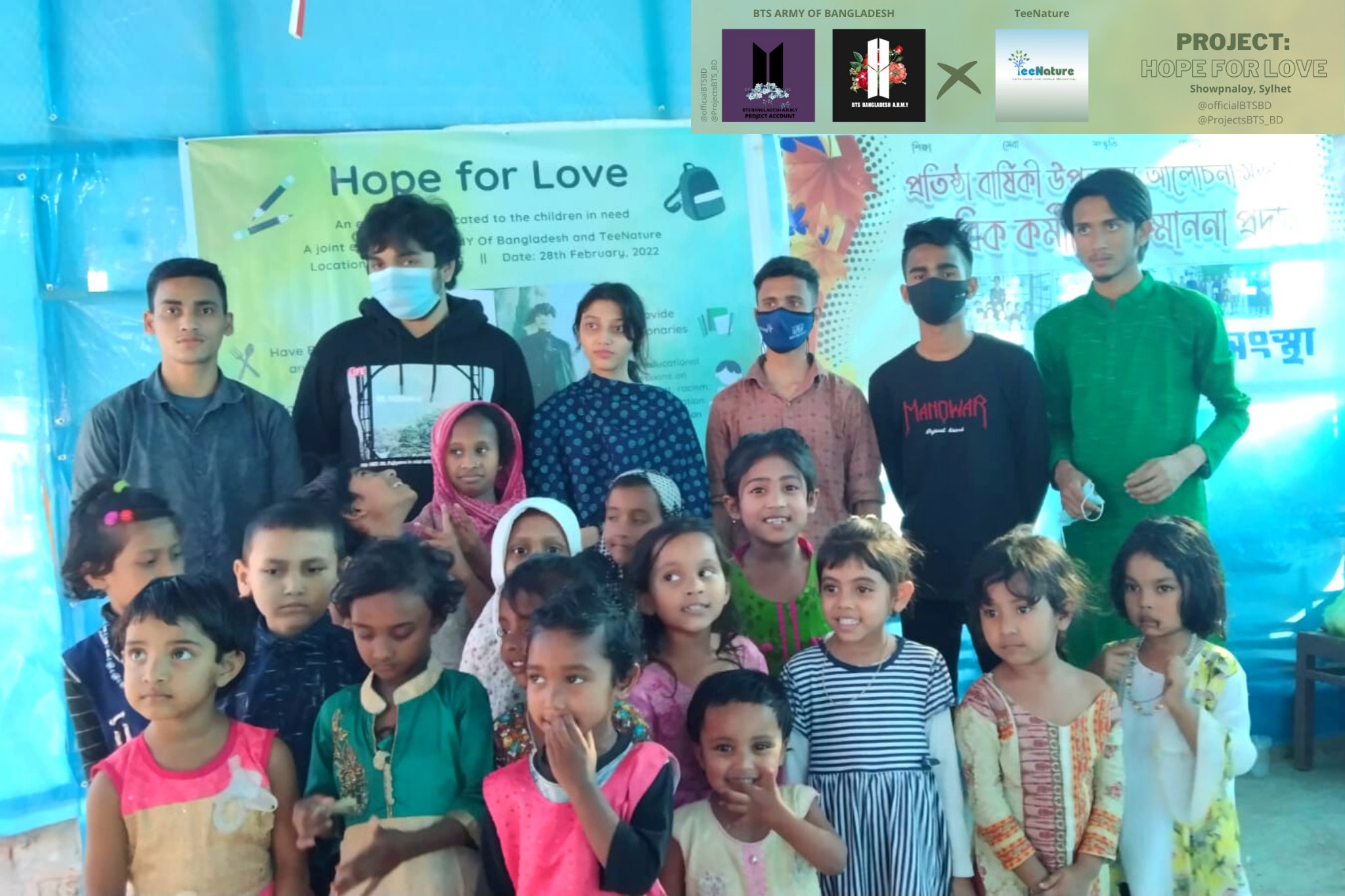The rise of streaming platforms like Netflix has brought numerous real-life stories to audiences worldwide, often highlighting issues that affect society. One such story is the gripping tale of ‘Con Mum’, a documentary that examines a mother whose fraudulent activities led her to be charged with fraud in Singapore. This documentary has sparked conversations not just about the actions of the individual, but about the broader implications of fraud in contemporary society.
The portrayal of the ‘Con Mum’ in the Netflix documentary has significantly influenced public perception. Many viewers have expressed shock and disbelief at how someone could deceive others, especially within the sanctity of family ties. Such narratives compel audiences to reflect on their own vulnerabilities and the ease with which trust can be exploited. Furthermore, the discussions surrounding this case have shed light on the societal factors that may contribute to individuals resorting to fraud.
As viewers digest the revelations presented in the documentary, there are noticeable shifts in attitudes toward fraud prevention and awareness. The case of ‘Con Mum’ serves as a reminder of the importance of vigilance in our personal and digital interactions. It provokes the question of what measures can be taken to safeguard against potential fraud, which remains an ever-evolving challenge as technology continues to advance.
The Netflix documentary ‘Con Mum’ presents a compelling case study, not only in terms of its specific instance of fraud in Singapore but also in the discussions it prompts around ethics, vigilance, and societal responsibility. It’s a stark reminder that we must always stay alert to the possibilities of deception, whether in our immediate circles or within the digital landscape.
Speaking of local insights, when discussing such topics with friends or families, it’s common to hear a concerned Con Mum referencing recent fraud cases, emphasizing the need for community awareness. As families share and engage with these heavy topics, platforms like Netflix not only entertain but also educate, framing vital discussions around moral boundaries and the consequences of fraud in a storytelling format.
Exploring the Impact of the Netflix Documentary on Public Perception
The release of the Netflix documentary featuring the so-called ‘Con Mum’ has sparked widespread discussion across various social media platforms and news outlets. This documentary takes a deep dive into the life of a mother who manipulated not only her family but also numerous unsuspecting victims through a variety of fraudulent schemes. The way the film portrays her journey from victim to perpetrator serves to challenge viewers’ perceptions of crime and morality.
Many people have expressed a heightened awareness of fraud and deception in their own lives as a direct result of watching the documentary. It raises questions about trust and the lengths to which individuals will go to maintain their public image. The impact on public perception is significant in Singapore, where the Con Mum phenomena has been especially resonant, showcasing how a local figure can capture national—and international—attention.
Furthermore, the documentary acts as a cautionary tale that invites viewers to reflect on their own experiences and relationships. The commentary surrounding the documentary highlights not just the actions of the Con Mum but also societal vulnerabilities that were exploited. As viewers dissect the storyline, the dialogue around ethics, legality, and deception has intensified, thereby transforming how we examine such narratives in media.
The portrayal of the Con Mum in the documentary ultimately shapes the way that people think about issues of honesty and integrity. While many are quick to judge her actions, the storytelling method encourages empathy, igniting curiosity about the psychological factors that contribute to such behavior. Given the documentary’s global reach, this topic has fostered discussions beyond Singapore, inviting international perspectives on fraud and deception.
‘Con Mum, Netflix, Singapore’: Analyzing the Legal and Ethical Boundaries
The Netflix documentary ‘Con Mum’ has captured worldwide attention, particularly regarding its controversial subject matter involving fraudulent activities in Singapore. This gripping portrayal allows viewers to ponder the thin line between criminality and morality, examining the legal and ethical boundaries that are often blurred in such cases. The documentary raises challenging questions about accountability, public perception, and the implications of portraying a con artist’s life story on a global platform.
As audiences digest the episodes of ‘Con Mum’, they are not only entertained but also educated on the complex dynamics of fraud and deception. The *strong* character portrayal sheds light on the methods frequently used by those who manipulate trust for their own gain. Viewers are urged to reflect upon their convictions about right and wrong, as Netflix brings to light the intricate storytelling of a con artist operating within the laws of Singapore. This discussion invites us to explore larger themes of empathy, societal values, and investigative ethics in media.
In analyzing the aforementioned issues, it’s vital to scrutinize how the documentary portrays *strong* characters while navigating the legal ramifications involved. By focusing on the ethics behind creating narratives around real-life events, the documentary pushes us to ask whether sensationalism in media could inadvertently glorify criminal behavior. Furthermore, it is crucial to consider the potential impact of *strong* media representations like ‘Con Mum‘ on public sentiment towards similar fraud cases and the expectations of justice.
Overall, the documentary serves as a rich resource for understanding not just the individual case of the *strong* con artist but also the wider implications of how such stories are told. Through detailed exploration, we begin to unravel the mysteries of ethics that bind the media and society—an essential conversation in today’s digital age.
Preventative Measures: Avoiding Fraud in the Digital Era
As technology continues to advance, the risk of falling victim to fraud has increased significantly. With the rise of online platforms and digital services, it is crucial for individuals to stay informed about preventative measures they can take to protect themselves. One such example is the recent case of the Con Mum, highlighted in a popular Netflix documentary, which has drawn attention to the complexities of fraud in the modern world, particularly in regions like Singapore.
Individuals are encouraged to remain vigilant and to verify identities before engaging in any financial transactions. Using reputable platforms, such as Netflix, allows viewers to gain a clearer understanding of the psychological tactics often employed by fraudsters. Furthermore, being aware of the signs of fraudulent activities can empower individuals in the fight against scams. In the case of the Con Mum, many were shocked by the deception that unfolded, leading to important discussions about ethics and legality in the realm of digital interactions.
Moreover, it is essential to educate oneself on the legal boundaries concerning online communications and transactions, particularly in a stringent regulatory climate like Singapore. Utilizing resources and tools designed to combat fraud can significantly mitigate risks.
Case Study Review: Similar International Incidents of Fraud
Fraud is a pervasive issue that transcends borders and has manifested in various forms around the globe. From classic Ponzi schemes to elaborate online scams, fraudsters consistently exploit the vulnerabilities of individuals and systems. This case study review aims to explore several similar international incidents of fraud that have made headlines, shedding light on the tactics employed and the respective legal responses.
One notable example is the case of the infamous Con Mum in Singapore, who garnered widespread attention after her fraudulent activities were featured in a Netflix documentary. The show highlighted her cunning approach, which involved deceiving victims through emotionally charged narratives. Such documentaries serve as powerful tools for raising awareness about fraud while also illuminating the complexities of human behavior that fraudsters often manipulate.
Moreover, incidents of fraud are not isolated to one country or region. In Australia, the infamous Australian Spider-Man fraud case involved an elaborate scheme where the perpetrator created a fake identity to solicit funds online, exploiting the trust of unsuspecting donors. This incident echoes the themes seen in the Con Mum storyline, emphasizing the need for vigilance in recognizing the signs of deceit.
The rise of technology, especially in our digital era, has also led to an increase in online fraud incidents. Cyber fraudsters utilizing sophisticated tactics can defraud victims from any part of the world with just a few clicks. As seen in similar cases worldwide, it is imperative for individuals to stay educated about potential threats and implement preventative measures to avoid becoming victims of scams, similar to what the viewers of the Netflix documentary experienced. By examining these cases, we glean valuable lessons that can empower individuals to safeguard themselves against such nefarious activities.
Understanding the pattern of fraud in international contexts allows us to recognize and tackle these offenses more effectively. The case of Con Mum, alongside other global incidents, reveals pressing questions about accountability and ethics in the digital landscape.





